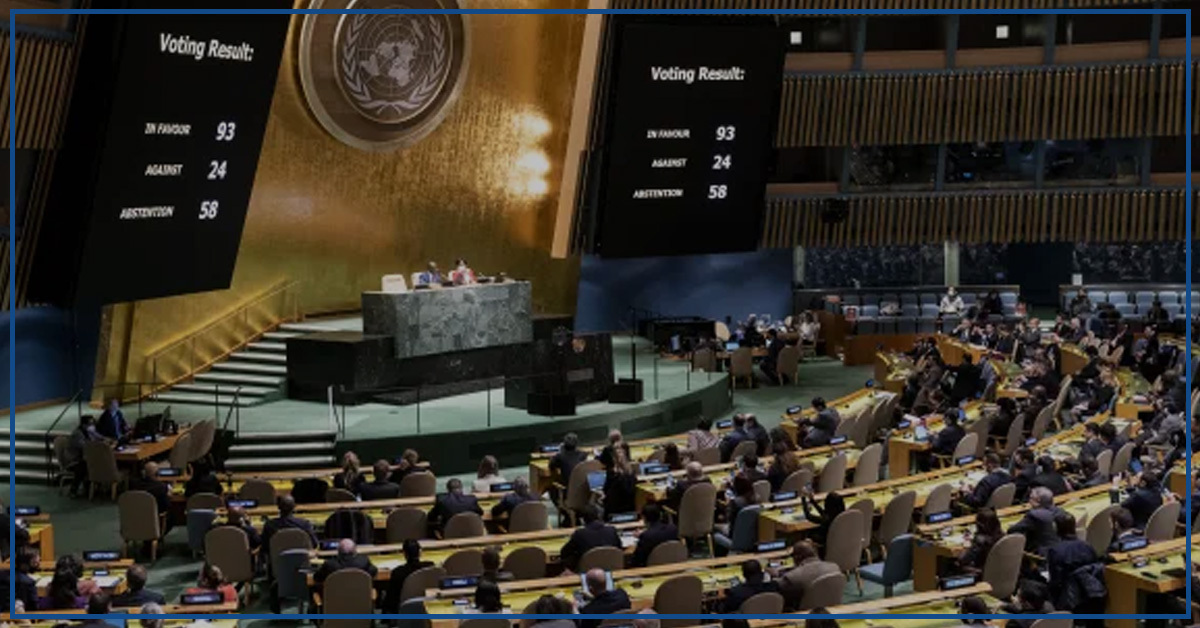Russia’s hopes to return to the United Nations’ top human rights body were shattered as the General Assembly held a secret ballot, resulting in a third-place finish for the nation with 83 votes.
In contrast, Bulgaria emerged victorious with 160 votes and Albania with 123, securing three-year terms on the Human Rights Council starting January 1. This event follows Russia’s suspension from the council 18 months ago due to its full-scale invasion of Ukraine.
The assembly’s decision serves as a strong message to Russia’s leadership. Louis Charbonneau, UN director at Human Rights Watch, stated, “UN member states sent a strong signal to Russia’s leadership that a government responsible for countless war crimes and crimes against humanity doesn’t belong there.”
The election was viewed as a litmus test for Moscow’s diplomatic support amidst intense criticism from Western nations for its brutal assault on Ukraine. Albanian Ambassador Ferit Hoxha emphasized the gravity of the choice before the UN General Assembly, urging it not to accept an arsonist as a firefighter.
Days before the UN vote, a Russian missile attack on the Ukrainian village of Hroza resulted in the tragic loss of more than 50 lives, underscoring the ongoing conflict’s brutality. Despite Russia securing support from nearly half of the UN’s members, the consequences of its actions were apparent.

A UN-mandated investigative body had previously accused Russia of a myriad of war crimes in Ukraine, including unlawful killings, torture, and the deportation of children.
The International Criminal Court further issued an arrest warrant for Russian President Vladimir Putin and Russia’s Children’s Rights Commissioner Maria Lvova-Belova, alleging the illegal deportation of hundreds of Ukrainian children, a grave war crime.
China, another controversial contender in the race, secured a spot on the Human Rights Council, raising concerns among non-profit groups due to its human rights record.
Despite over 80 groups urging states to oppose Beijing’s re-election, China prevailed. Similarly, Burundi’s re-election raised eyebrows due to its questionable human rights track record.
Savita Pawnday, the executive director of the Global Centre for the Responsibility to Protect, expressed concerns over the Council’s credibility, emphasizing the poor human rights records of some elected countries.
The Human Rights Council comprises 47 members allocated by region, with China being one of four countries competing for the four open seats in the Asian group.
Russia’s failure to rejoin the UN Human Rights Council underscores the challenges it faces in regaining international credibility. The road to redemption is steep, with allegations of war crimes and global criticism shadowing its diplomatic efforts.
Meanwhile, concerns persist over other nations with questionable human rights records securing positions on the Council, leaving a crucial mandate of protecting human rights in the hands of a diverse yet contentious assembly.





